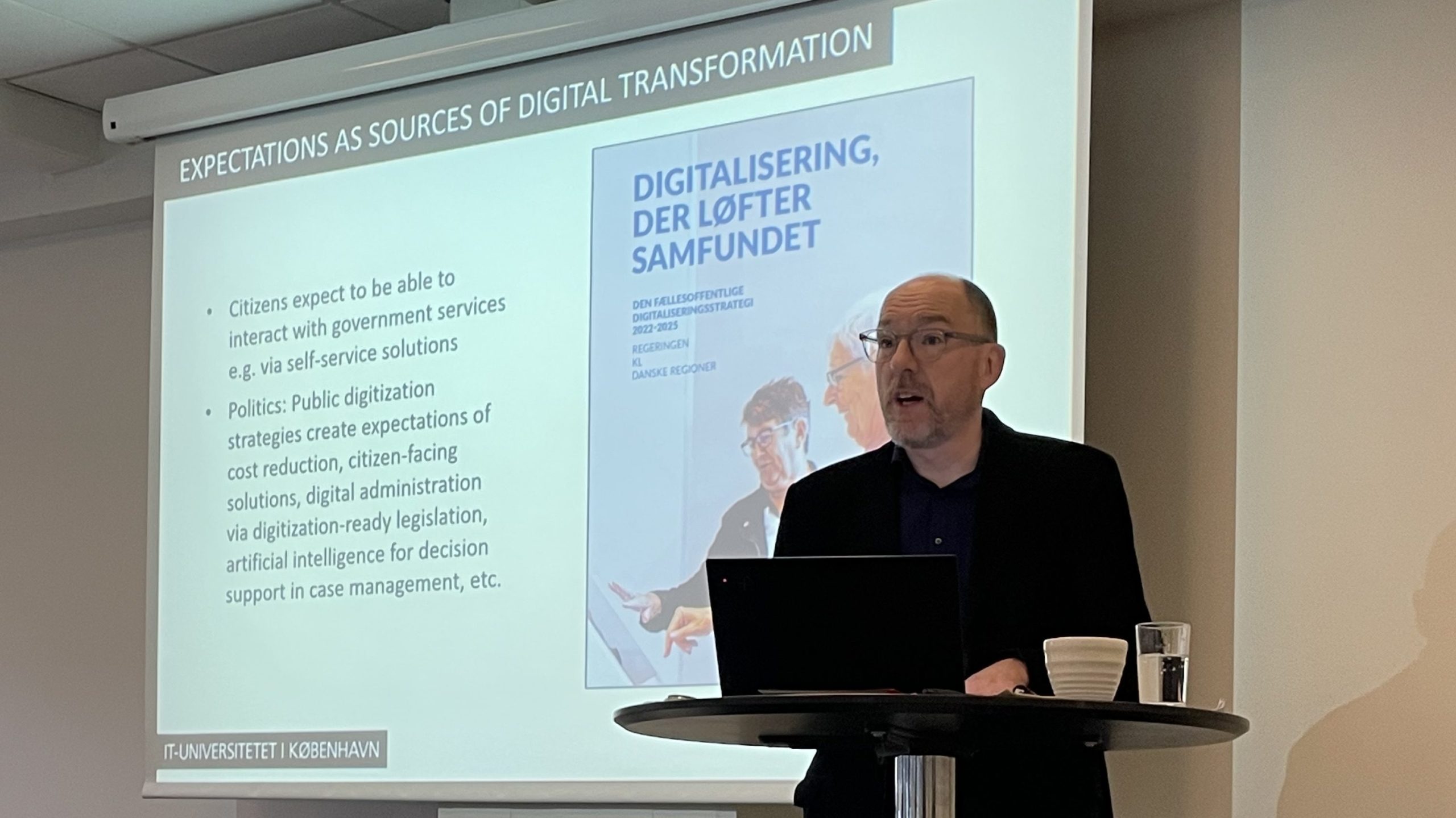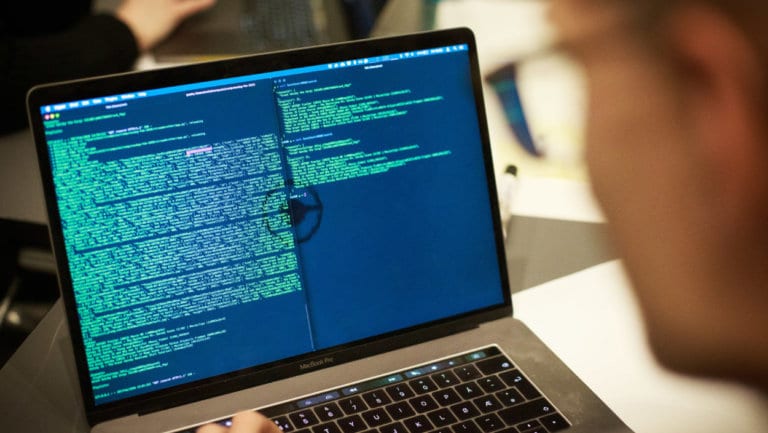BIAS – The fragility of data collection in a refugee camp

As part of our professional development at Computas Denmark, we hold a number of internal professional days during the year. On Friday 16 December, we invited associate professor Lars Rune Christensen from the IT University in Copenhagen, to come and talk about his work in the refugee camp and the data quality challenges that have been associated with the collection of data.
The Rohingya refugees are experiencing one of the worst humanitarian crises in history. According to the UN Refugee Agency, UNHCR, violence and military operations in Myanmar have led to more than 940,000 Rohingya fleeing across the border into Bangladesh. Here, many of them live in refugee camps, where the health staff struggle to meet the great need for health care.
The Rohingya, like all other people, have the right to health services. In the current situation where there is a significant shortage of resources, nurses, and doctors, data and information technology can potentially be used to improve and save lives.
Technology with meaning
In collaboration with the Bangladesh-based NGO, Friendship, researchers at the IT University of Copenhagen have investigated how digital applications can support humanitarian efforts in the camps through targeted health care in the refugee camps in Bangladesh. The specific project occurred in the largest of the camps, the Kutupalong-Balukhali Expansion Site, where more than 635,000 Rohingya refugees live.
In the project, a digital screening tool has been developed, which paramedics and refugees use to find out which refugees should be referred for treatment of mental problems in the refugee camp’s clinics. The project has been managed by associate professor Lars Rune Christensen and Ph.D. scholar Hasib Ahsan, both from the IT University in Copenhagen.
Based on screening for psychological problems carried out at the homes of the respective refugees, the medical assistants have used a digital tool that produces a numerical score. The tool is built around the SRQ-20. The SRQ-20 is a 20-item self-report screening tool developed by the WHO specifically for citizen health care. The SRQ-20 uses a yes/no response format and is designed to detect non-specific psychological distress. It is an international standard for measuring psychological well-being.
Possibility of Bias
Lars Rune’s research has shown that even with an immediate objective tool, there is the possibility of a wide range of Bias due to, among other things, preconceptions, interpretations of unclear answers, and knowledge of the interviewee or his family situation.
We discussed, with this starting point, a number of transferable dilemmas for our own work with data collection and data interpretation. Both in a private and in a public Danish context. For example. the use of drop-down menus in the IT solutions used in the employment domain at jobcentres in DK.
For those of us who work with data every day, it’s always good to be challenged so that we don’t get too stuck in our perception of data as something that is always objective. And the fact that we increased our knowledge of one of the many forgotten refugee crises is only good!
A huge thank you to Lars Rune Christensen for sharing his research and for pushing our understanding of data. Read more about Lars Rune’s project in the refugee camp in Bangladesh or read about Lars Rune’s other research.



